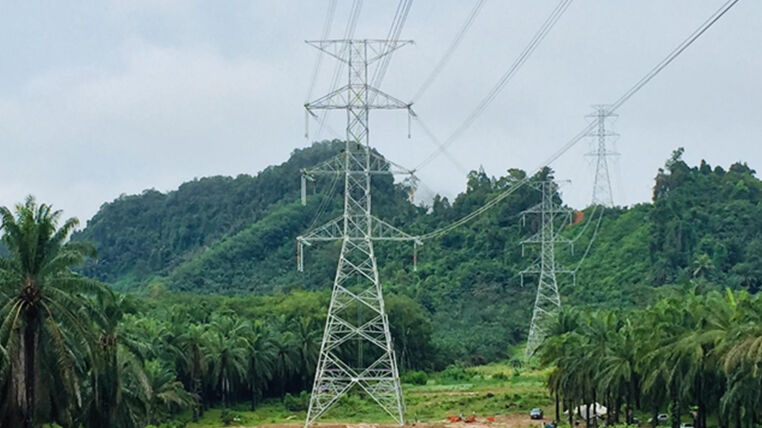Cost of electricity in Thailand could rise to 5 baht per unit by September

Electricity bills in Thailand could become more expensive than ever by September, according to a source at the Office of Energy Regulatory Commission (ERC). In the last 4 months of the year, the cost of electricity in Thailand could break the 5 baht per unit barrier for the first time, rising by 90 to 100 satang per unit. The official fee will be announced at the end of July.
The ERC said the rising cost of imported gas used to generate electricity is the cause behind the steep rise in prices. Thailand is importing expensive Liquified Natural Gas (LNG) in replacement of low-cost natural gas from the Gulf of Thailand.
“We will have another meeting at the end of this week to discuss the price of electricity. The price of imported LNG is continuously rising… which is beyond our control. The ERC is rather concerned about it. The amount of gas available from the Gulf of Thailand remains unclear too. The Electricity Generating Authority of Thailand (EGAT) has forked out more than 80 billion baht in the previous quarter to subsidise the cost of electricity for the people of Thailand. The ERC may have to reduce the burden on EGAT by raising the price of electricity in general.”
The ERC’s main concern is ensuring energy security, said the source. Before thinking of the impact on the cost of living in Thailand, the ERC must ensure that electricity in Thailand doesn’t run out.
The uncertainty of natural gas production from the Gulf of Thailand is another huge concern of the ERC. The Erawan gas field is a low cost source of natural gas, but it is monopolised and has recently been taken over by a new concessionaire.
Previously, 1 billion cubic litres of gas from the Erawan gas field was produced for use in Thailand every day. However, since the Erawan gas field was taken over by a new concessionaire, much less gas from Erawan is being used to generate Thailand’s electricity.
The new concessionaire has not clearly stated exactly how much gas from Erawan will be produced for Thailand in the future, which makes planning and management for the ERC even more difficult, said the source.
SOURCE: Daily News
Latest Thailand News
Follow The Thaiger on Google News:


























